Economists worldwide are increasingly concerned about the growing trend of countries turning away from free-market policies in favor of measures aimed at bolstering their own security and independence.
This shift, characterized by the adoption of industrial policies, has raised fears among some experts that it could hinder global economic growth.
Recent developments, such as the coordinated economic policy announced by top officials from France, Germany, and Italy, highlight the rising enthusiasm for industrial policies.
These policies encompass a range of measures, including targeted subsidies, tax incentives, regulations, and trade restrictions, all aimed at guiding a nation’s economy.
Economists Warn of Potential Impact on Global Growth
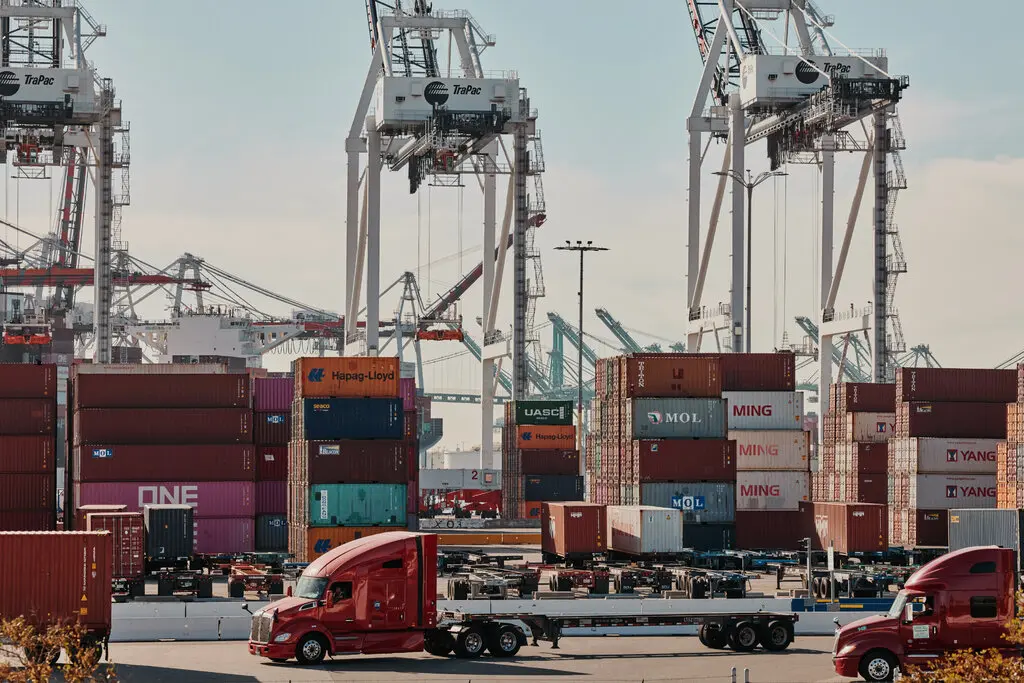
According to a recent study, the number of industrial policies introduced last year was three times higher than in 2019, with many of the wealthiest and most advanced economies leading the way.
This surge in interventions marks a departure from these countries’ previous stance, which often criticized such tactics.
While industrial policies may enjoy domestic popularity, they have sparked concerns among international leaders and economists. Some fear that these top-down interventions could ultimately impede global economic progress, as noted by M. Ayhan Kose, the deputy chief economist of the World Bank.
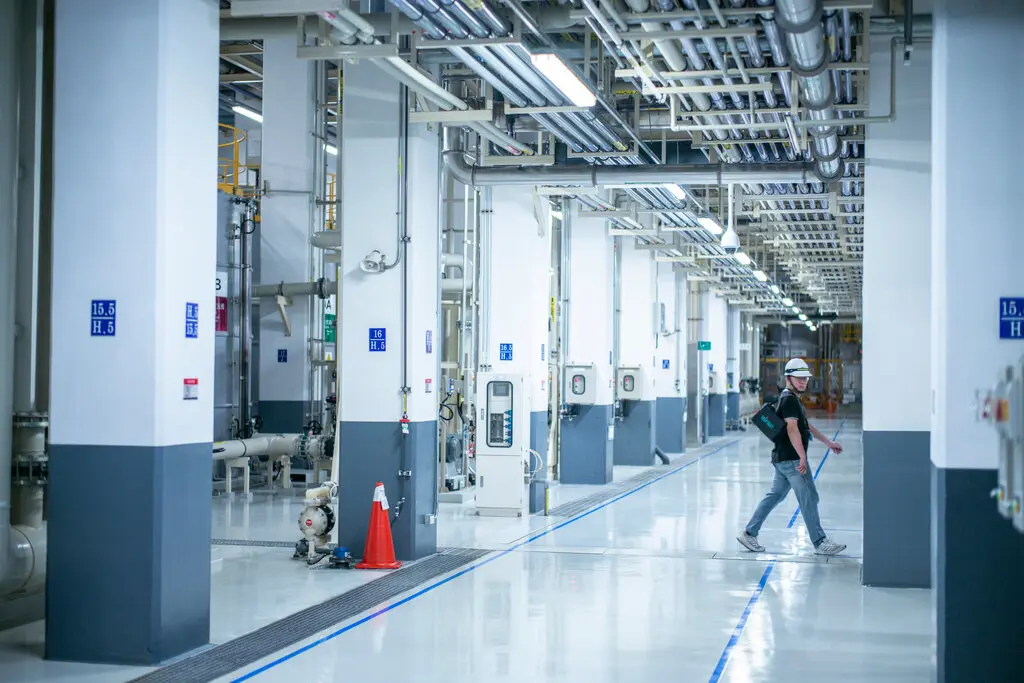
The upcoming spring meetings of the International Monetary Fund and the World Bank in Washington are expected to feature heated debates on this topic.
Kristalina Georgieva, managing director of the IMF, has cautioned against excessive government intervention in the economy, stressing the importance of market mechanisms except in exceptional circumstances.
The recent shift towards industrial policies represents a significant departure from the laissez-faire approach championed by capitalist nations in recent decades.
This change in direction has been influenced by a series of global crises and geopolitical tensions, prompting a reevaluation of priorities towards security, resilience, and self-sufficiency.
In response to perceived economic challenges, countries like the United States and Europe have adopted strategies reminiscent of China’s industrial policies, focusing on critical technologies and climate change.
While some economists view these interventions positively, others remain skeptical, arguing that they could ultimately hinder overall growth.
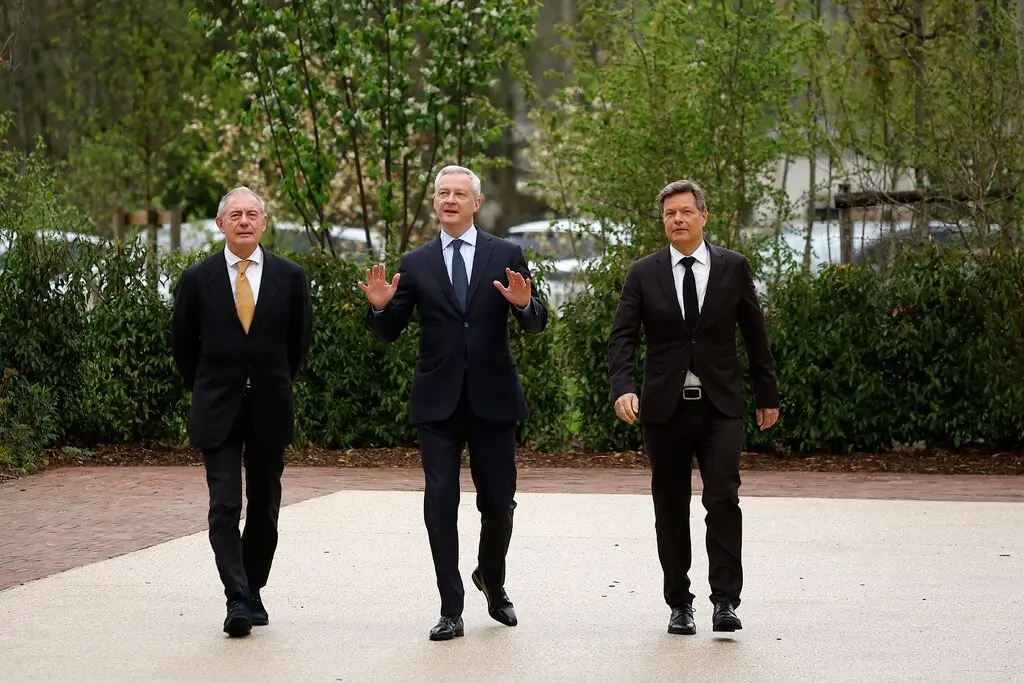
In light of these developments, the IMF has developed new guidelines for the implementation of industrial policies, emphasizing the importance of addressing market failures and avoiding discrimination against foreign firms.
Despite differing opinions on the efficacy of such policies, their widespread adoption underscores a fundamental shift in global economic governance.

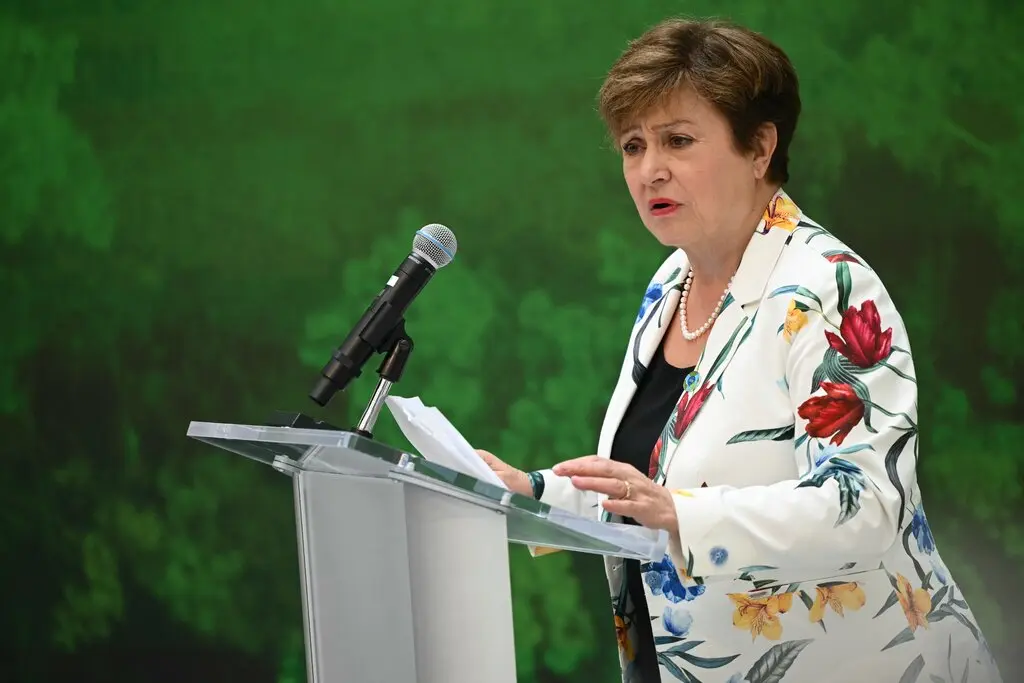
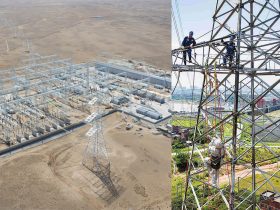




Leave a Reply